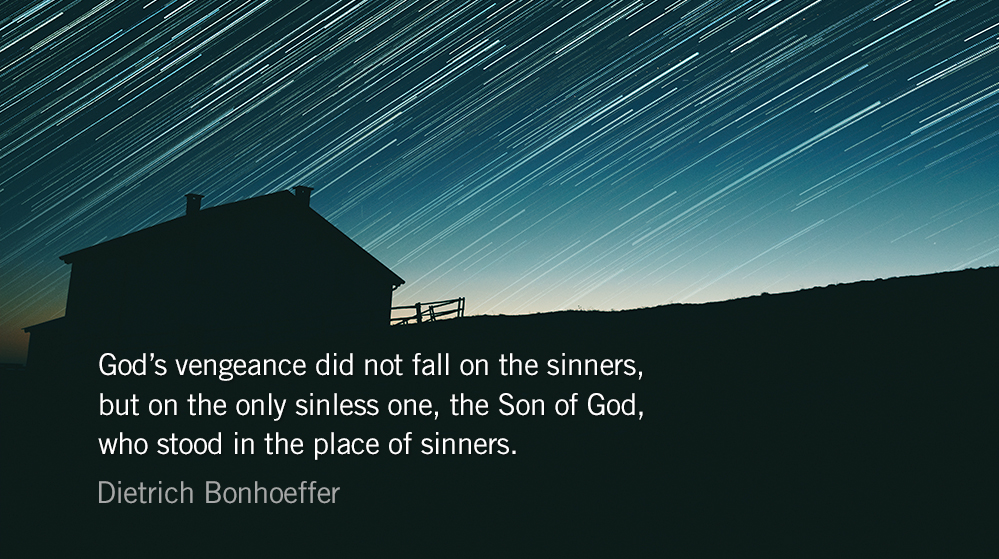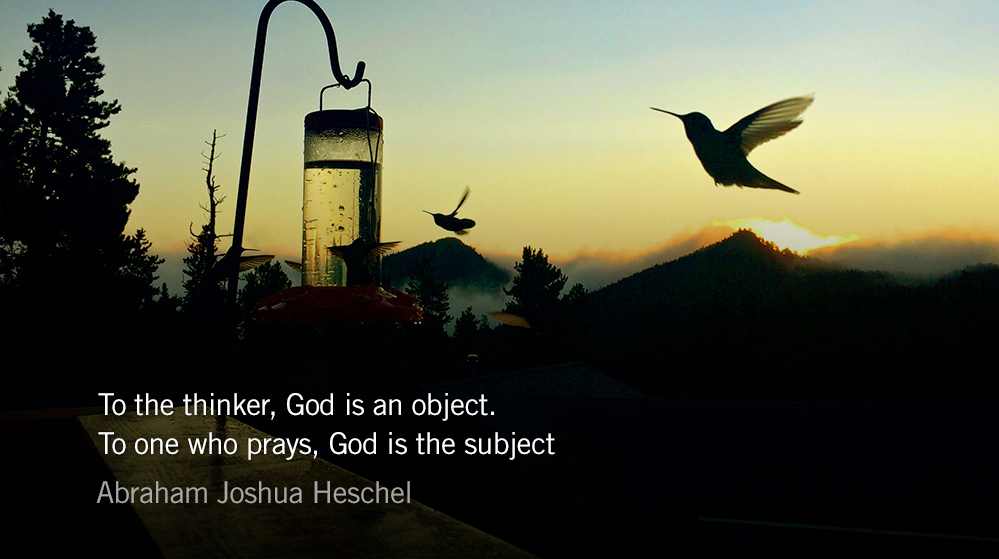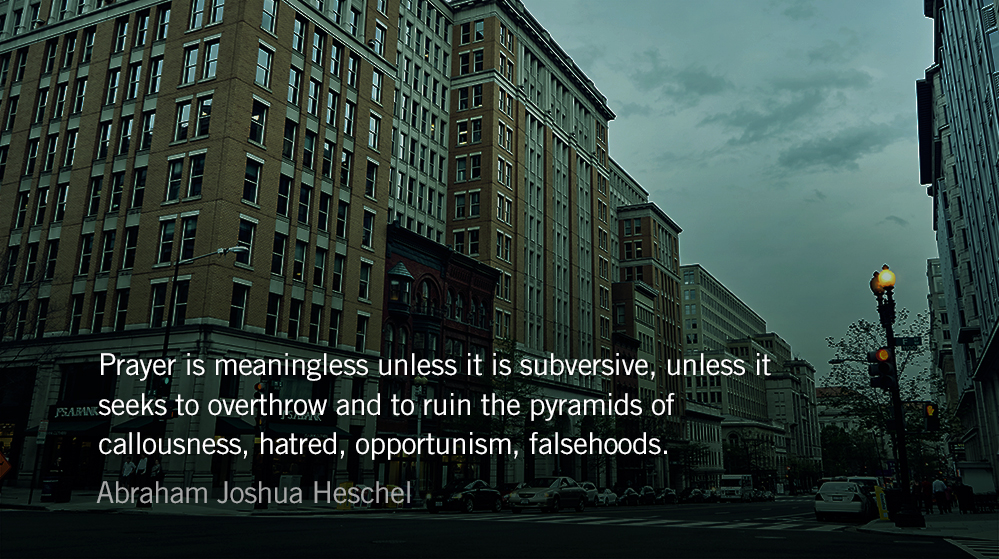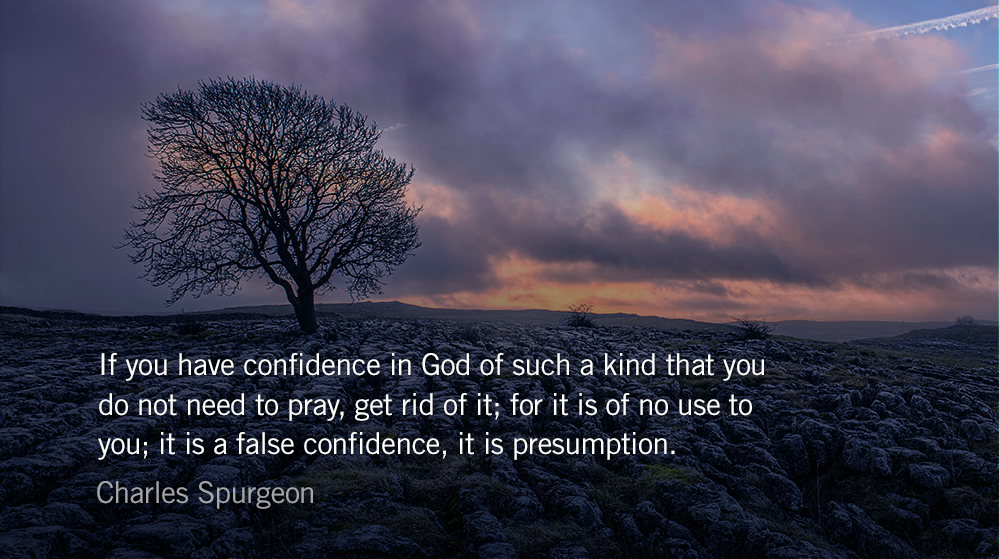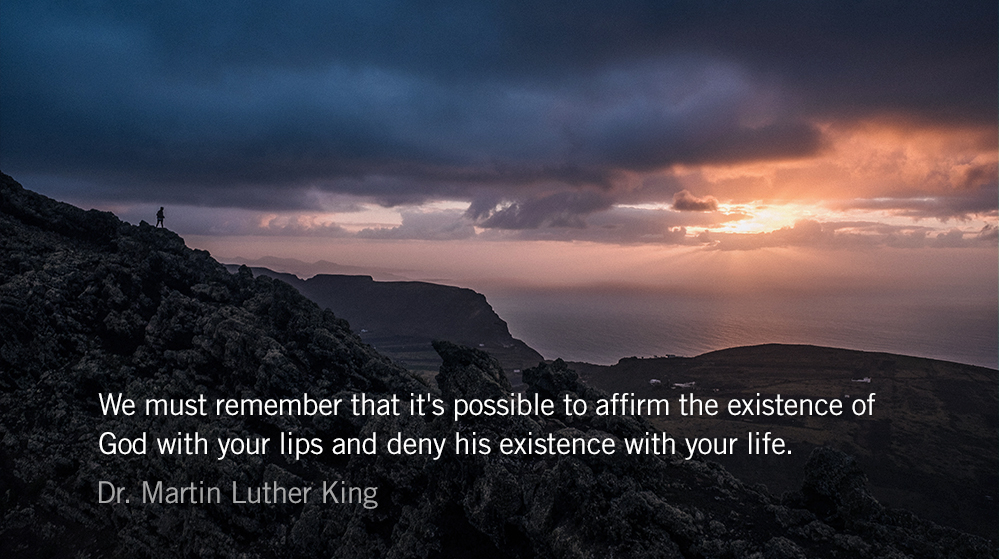The prayer for the vengeance of God is the prayer for the carrying out of God’s righteousness in the judgment of sin.
― Dietrich Bonhoeffer
Scripture: Psalm 68.1
God shall arise, his enemies shall be scattered; and those who hate him shall flee before him!
Reflection: Praying for Divine Vengeance
By Dietrich Bonhoeffer (1906-1945)
No part of the Psalter causes us greater difficulty today than the so-called psalms of vengeance. With shocking frequency their thoughts penetrate the entire Psalter. All attempts to pray these psalms seem doomed to failure. Christ prays on the cross for his enemies and teaches us to do the same. How can we call down God’s vengeance upon our enemies with these psalms?
The question is therefore: Can the imprecatory psalms be understood as the Word of God for us and as the prayer of Jesus Christ? Can we pray these psalms as Christians? Note carefully that again we are not asking about possible motives, which we cannot in any case discover, but about the content of the prayer.
The enemies referred to here are enemies of God’s cause, who lay hands on us because of God. Therefore it is nowhere a matter of personal conflict. Nowhere do those who pray these psalms want to take revenge into their own hands; they leave vengeance to God alone. Therefore they must abandon all personal thoughts of revenge and must be free from their own thirst for revenge; otherwise vengeance is not seriously left to God.
God’s vengeance did not fall on the sinners, but on the only sinless one, the Son of God, who stood in the place of sinners. Jesus Christ bore the vengeance of God, which the psalm asks to be carried out. Christ calmed God’s anger against sin and prayed in the hour of the carrying out of the divine judgment: “Father, forgive them, for they do not know what they are doing!”
No one other than he, who himself bore the wrath of God, could pray like this. That was the end of all false thoughts about the love of a God who does not take sin very seriously. God hates and judges the enemies of God in the only righteous one, the one who prays for forgiveness for God’s enemies. Only in the cross of Jesus Christ is the love of God to be found.
So the psalm of vengeance leads to the cross of Jesus and to the love of God that forgives enemies. I cannot forgive the enemies of God by myself, only the crucified Christ can; and I can forgive through him. So the carrying out of vengeance becomes grace for all in Jesus Christ.
*Excerpt from Prayerbook of the Bible by Dietrich Bonhoeffer
The Call to Prayer
Love the LORD, all you who worship him; the Lord protects the faithful, but repays to the full those who act haughtily. —Psalm 31:23
– From The Divine Hours: Prayers for Springtime by Phyllis Tickle.
Full prayer available online and in print.
Today’s Readings
Numbers 25 (Listen – 2:20)
Psalm 68 (Listen – 2:43)


